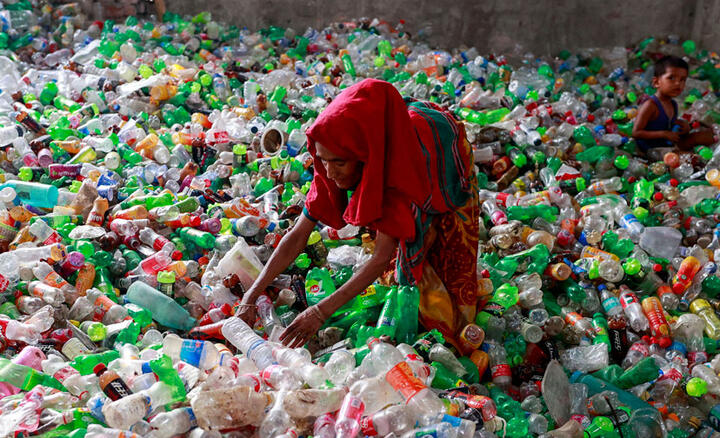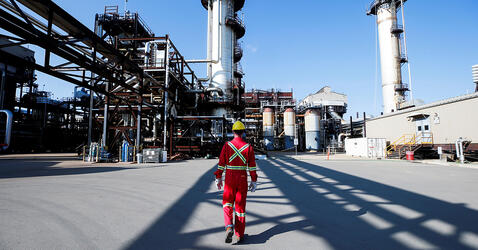You are here
Matter
In August 2025, the Geneva Summit on plastic pollution once again failed to reach agreement on an international treaty, due in particular to a lack of consensus over recycling and its limits. This issue was the subject of a recent collective scientific...
Article
10.27.2025
The early 20th-century artist Robert Delaunay began painting at a pivotal moment in art history, namely during the chemical industry revolution, when the number of pigments available on the market increased. Today scientists are trying to solve the mystery of...
Slideshow
07.17.2025
Sand patches dot beaches and deserts, but their origin remains an enigma. Using measurements taken in the desert, physicists have created a model that explains how they form, with a few surprises into the bargain.
Article
07.07.2025
The metabolism of astronauts, the behaviour of plants, the reactions of living beings to radiation and of foams to weightlessness… The International Space Station does not only observe Space, as evidenced by the following four experiments.
Article
03.26.2025
07.09.2024
Cyril Aymonier, Lydéric Bocquet and Eleni Diamanti are the three recipients of the CNRS 2024 Innovation Medal, which rewards male and female scientists whose research has led to groundbreaking...
05.29.2024
The European Commission is adamant: carbon capture and storage (CCS) will play a key role in the fight against climate change. But just how does CCS work? How widespread is this technology? And what...
Article
05.20.2024
The winner of the 2023 CNRS Silver Medal, Alexander Kuhn has marked the scientific community with his research in electrochemistry, which is of interest in fields ranging from pharmaceuticals to...





